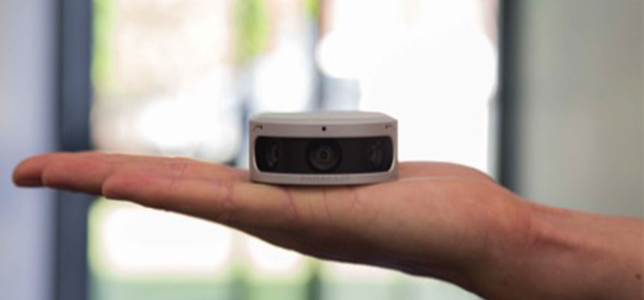Carnegie Mellon U Creates Global Classrooms with 4K Video System

Carnegie Mellon University has deployed an array of videoconferencing technologies in an effort to enhance the education experience for remote students and faculty.
The university selected Altia Systems’ PanaCast 2 video collaboration system, which delivers panoramic-4K with a full 180-degree field of view. Its intelligent zoom feature can capture all faces in a room, adjusting the view on its own. With the PanaCast Whiteboard software, any whiteboard can display the content as a second video stream and virtual camera within a videoconference.
PanaCast 2 is used at more than 130 higher ed institutions worldwide, according to information from the company. In addition, the system is compatible with Canvas, Moodle, Panopto and most LMSs.
CMU Distinguished Service Professor Stuart Evans, for example, uses the system to connect his students in Silicon Valley, Pittsburgh and Dubai. Evans is able to film himself teaching while having all three classrooms visible on one screen to teach multiple campuses simultaneously. He can see students raise their hand, answer questions and more with the panoramic view and intelligent zoom functions.
“Carnegie Mellon University needed the latest in video camera technology to seamlessly connect and create cohesion among our various campuses,” Evans commented in a statement. “My students are 10 times more engaged. PanaCast lets someone be seen when he or she is raising a hand to ask a question, or receive input from a student halfway around the world.”
Further information about PanaCast 2 is available on the Altia Systems site.
About the Author
Sri Ravipati is Web producer for THE Journal and Campus Technology. She can be reached at [email protected].